Do you have trouble reaching your goals? If so, you may want to consider working with a coach. Coaches can help you build better habits and improve your mindset to set goals that matter to you and then reach them. Here’s an overview of the key differences between coaching and therapy so you can choose which type of assistance works best for your needs!

Not all coaches are therapists, and not all therapists are coaches! Therefore, before you start working with anyone, it’s essential to know how coaching differs from therapy and what each approach offers that the other does not.
When you’re looking to change your life, whether it’s to start working out again or improve how you show up in your personal and romantic relationships, a good coach can help you get there.
When you’re struggling with serious emotional issues, therapy may be the best option to help you find lasting change. Unfortunately, it can be hard to tell the difference between the two, and more importantly, it can be hard to know which one will work best for you.
What Is Counseling
Counseling is a process where people can talk about their problems and figure out how to solve them with the help of a therapist.
A therapist is a licensed mental health professional who will often conduct assessments, diagnose mental illnesses, and provide treatment for these illnesses. The goal of therapy is to identify the root cause of someone’s issues and then find ways to address those causes through various therapeutic interventions like Cognitive Behavioral Therapy (CBT) or Psychodynamic Psychotherapy.
These interventions are designed to reduce symptoms and promote healthy behaviors that lead to sustainable change in an individual’s life.
The therapist will help you understand your thoughts and feelings and work with you to develop coping skills. A counselor will not tell you what to do or think but instead help you find your own solution for your problems by listening and asking questions.
Therapy is usually focused on making connections to how the past has affected the present and could affect the future.
Counseling May Be a Good Fit For You If You Need Help With
- You have suffered a trauma or have been diagnosed with a mental illness
- You want to talk about your childhood
- You want to explore your thoughts and feelings in depth
- You need help making significant changes in your life
What Is Coaching
Coaching is a process that helps people identify and achieve personal or professional goals. It is about assisting people in moving forward in their lives, having a more goal-oriented focus, and concentrating on the present and future. There are several benefits of working with a coach.
Coaches can have a wide range of professional training and education; however, they are not licensed mental health professionals. Therefore, coaches cannot diagnose or treat any kind of mental illness.
If a person has been diagnosed with some type of disorder or other medical condition, they need to continue to see their medical doctor and possibly find a therapist who has experience working with people with those diagnoses.
A coach can’t give medical advice like recommending medication changes or suggesting specific therapies for someone to try out. They also cannot offer treatment for conditions like PTSD (post traumatic stress disorder) unless they have specialized training in that area.
Coaching May Be a Good Fit For You If You Need Help With
- Developing specific goals and action steps
- Staying accountable
- Gaining clarity
- Moving forward in your life or career
- Making life decisions
- You feel stuck and need help getting unstuck

How Therapists, Mental Health Counselors, and Coaches are Similar
All three professions help people who are struggling with something in their lives. They provide a safe space for clients to share their thoughts and feelings and work together to find solutions.
Counseling is a process of providing therapy to help someone find solutions. A counselor works with clients to develop goals, identify obstacles and suggest ways around them, or adjust behavior following what you’ve identified as important to you.
A coach works with clients to provide support, encouragement, and an outsider’s point of view on issues that they face. Coaches work with their clients to develop goals and then create a plan for reaching them.
Therapists, mental health counselors, and coaches all have a relationship with their clients. They are also trained to do specific tasks during sessions to help their clients get and be better.
How Therapists, Mental Health Counselors, and Coaches are Different
The main difference between coaching and therapy is that coaching focuses on the present and future, while therapy focuses on the past. Coaching is also more goal-oriented than therapy and often takes place over a shorter time.
One more difference between coaching and therapy is that counseling focuses on addressing a current mental or emotional challenge while coaching typically helps with future professional or personal development.
Both methods can help people overcome challenges and complement each other if needed. Like counseling, some types of coaching have specific focus areas, such as career, relationships, education, and so on, whereas others do not have any particular focus area in mind.
Finally, coaching is usually more expensive than therapy and is not covered by medical insurance.
Here Are A Few Notable And Key Differences Between Coaching And Counseling:
Counselors have a different level of education and licensure than coaches. Counselors have gone to college to study psychology, human behavior, or another related field. After obtaining a degree, they have to become licensed to practice because a counselor works with mental health conditions like addiction, depression, or anxiety.
Time focus. Counselors often work on helping you overcome your past and how it affects your future—looking at traumas, life experiences, etc., that have played a role in your overall mental health and capacity. Coaches tend to be future-focused. They look at your goals and dreams and help carve a way forward.
Coaching tends to be short-term. Depending on your work, it can last a few months or a few years. On the other hand, counseling is often long-term therapy. The goal is to improve mental health and overall well-being.
How I Work with My Clients
Some coaches will tell you they have guaranteed frameworks and programs that promise results. But that is not my truth. I handle each client individually and can not make any guarantee of results.
The reality is that coaching with me only works if you do.
Working with me is a partnership between yourself and me to get closer to and eventually achieve your goals. It requires honesty, transparency, and setting pure intentions.

How To Determine If You Need A Coach or a Counselor
Identifying your needs is important for choosing a good counselor or coach. For example, do you need help developing coping with stress? Are you hoping to make major changes like quitting smoking and getting organized? Then, the right professional can support you in achieving your goals.
The right professional can help you achieve your goals. If you’re wondering whether a coach or counselor is right for you, consider the following questions:
- Do I need help coping with stress?
- Do I want to make significant changes in my life?
- Will I benefit from having someone hold me accountable for reaching my goals?
The answers will point you toward a good fit. Perhaps you could use some support holding yourself accountable.
Perhaps you have particular needs best addressed by a credentialed professional with training in your specific issue area.
On the other hand, it could be that you just want some advice on reaching your career goals—in which case, it might not matter if they have formal credentials because what matters most is their expertise and insight into career planning.
The reality is that there is a subtle but very real difference between coaching and counseling. And only you know what you need!
Interested in working with a coach? Book a FREE discovery call to discuss your needs and find out if we would be a good fit to work together today!




2 Comments